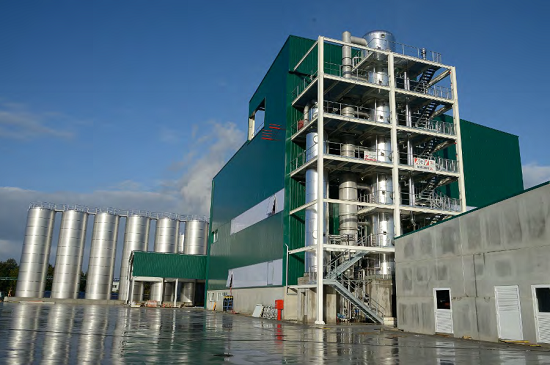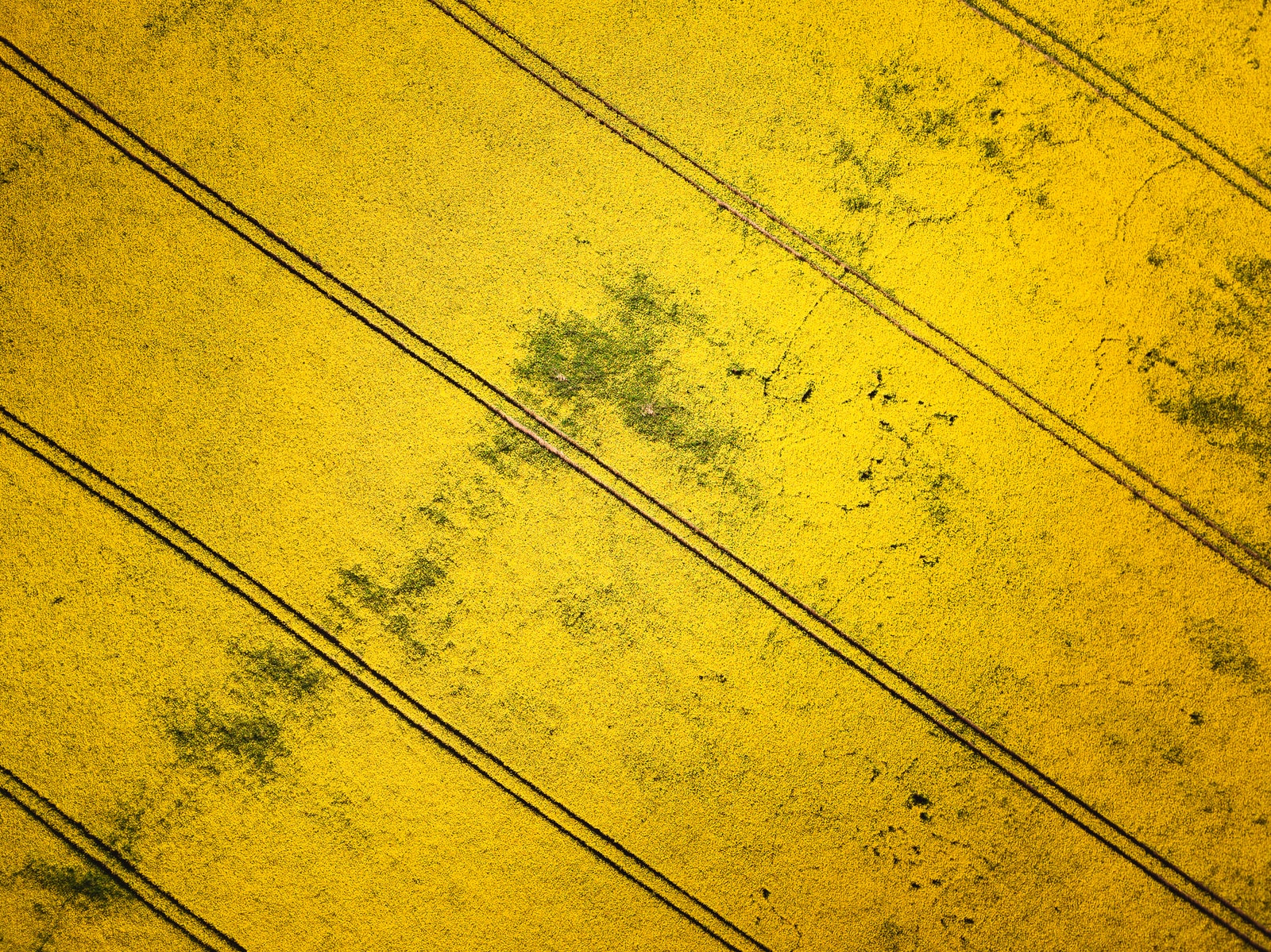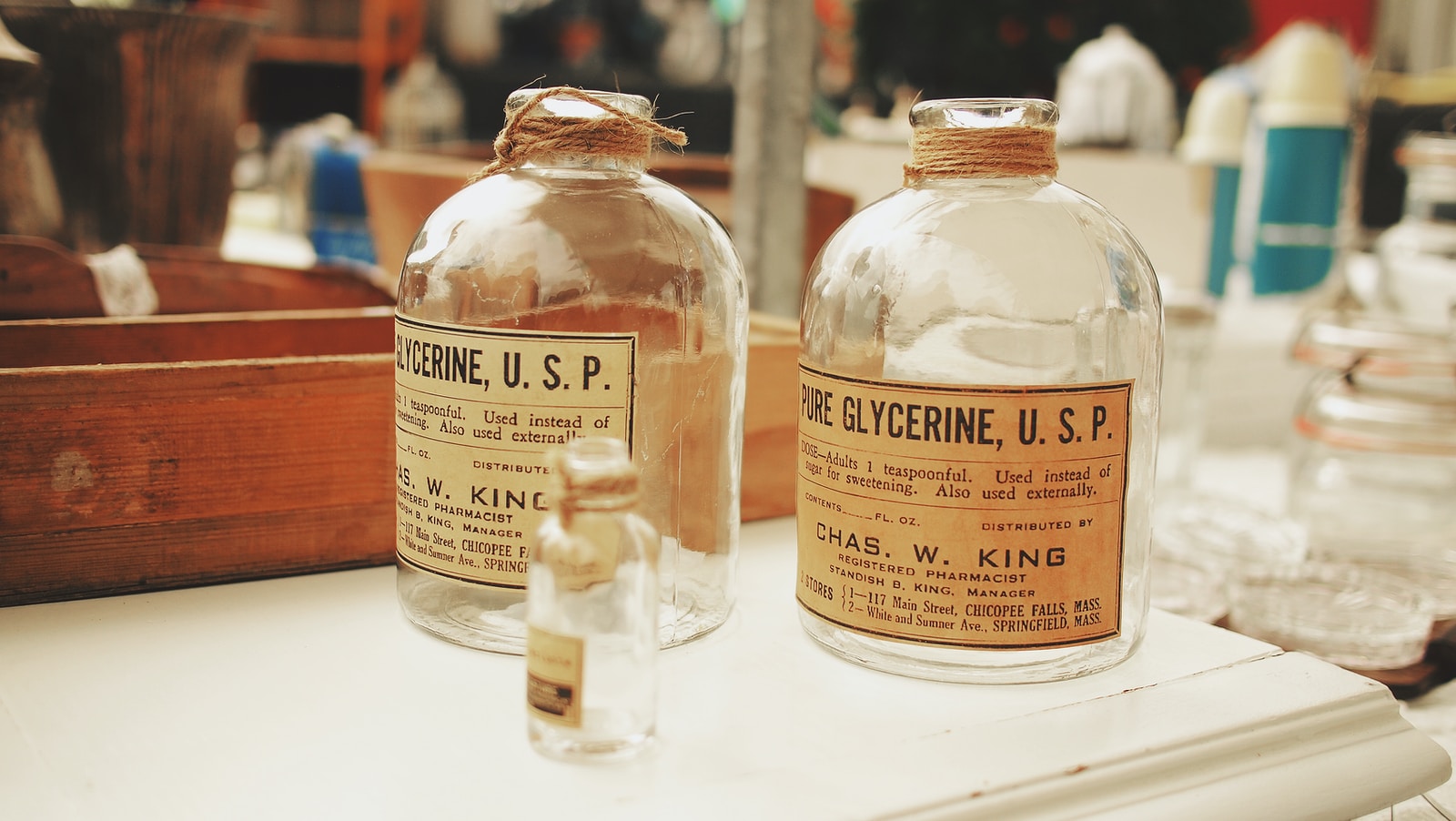Refining plant for vegetable oil and animal fats
The main problems arising from refining process of vegetable oil and animal fats are energy consumption and wastewater production. Energy is used to heat water and produce steam, with temperatures reaching very high levels. Instead, wastewater generated during refining stages contains organic and inorganic contents, lipids, and high chemical oxygen demand, so when released in the environment can cause water pollution.

Refining crude oil while reducing wastewater and the use of chemicals
Andreotti Impianti refining plants produce oil for technical and edible use starting from all types of vegetable oils and animal fats.
Depending on the customer needs, crude oil can be neutralized in the chemical refining process or degummed in the physical refining process in the first step. Centrifugal separators are then used to separate the soaps/gums from the oil. According to the nature of the crude oil, certain technologies can be selected; for example, cold refining technology is used only in the sunflower oil or corn oil production process, which reduces the wax content.
The bleaching process removes pigments and impurities from degummed/neutralized oil using bleaching earths to absorb the pigment in the oil. In this way, the color of the oil becomes lighter. The winterization plant is used when sunflower oil and corn oil are processed. The purpose of winterization is to remove all waxes from the bleached oil. During deodorization, residual fatty acids in the oil and unwanted odors and flavors are removed by steam distillation under vacuum.
The use of vacuum groups with surface condensation leads to a zero-water consumption by reducing the amount of wastewater by 50%. Thanks to specific heat exchangers, heat recovery can be up to ≥ 80%, thus reducing energy consumption.
Benefits
- Reduction in used chemicals by over 30%
- Zero process water consumption
- No odor emission
- Effluent reduction by over 50%
- Low steam and fuel consumption


